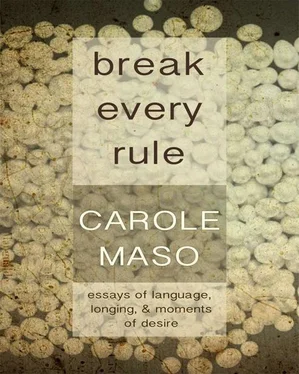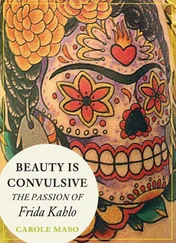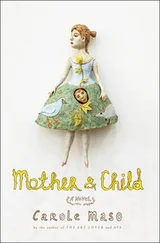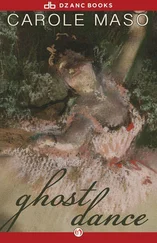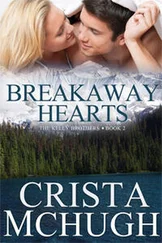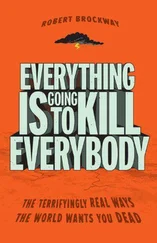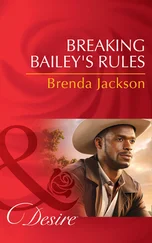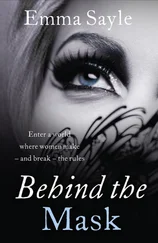And in conversation with the man, my friend, a famous poet in fact, and the topic moved to someone we both knew who had just been operated on, and he said “masectomy,” and I said back, “Yes, a mastectomy, a mastectomy,” and he said “masectomy” like “vasectomy,” and I said only under my breath, “It’s mastectomy , idiot,” ashamed, embarrassed, and a little intimidated, that was the worst part, a little unsure. That it made me question what I of course knew, that was the worst part — because of his easy confidence saying “masectomy,” his arrogance, he hadn’t even bothered to learn the right word, a poet , for God’s sake, a man who worked with words, who should have known the right word for the removal of a breast, don’t you think?
Mastectomy .
The undeniable danger of the sky.
Adrienne Rich: “Poetry means refusing the choice to kill or die.”
Wish: that the straight white male give in just a little more gracefully. Call in its Michael Douglases, its suspect Hollywood, its hurt feelings, its fear — move over some.
After your thousands of years of affirmative action, give someone else a chance — just a chance.
The wish is for gentleness. The wish is for allowances.
“What is the phrase for the moon? And the phrase for love? By what name are we to call death? I do not know. I need a little language such as lovers use….”
Wish: that the typical New Yorker story become the artifact it is and assume its proper place in the artifact museum, and not be mistaken for something still alive. Well we’ve just about had it with all the phony baloney, don’t you think?
That the short story and the novel as they evolve and assume new, utterly original shapes might be treated gently. And with optimism. That is the wish.
That hypertext and all electronic writing still in its infancy be treated with something other than your fear and your contempt.
That, poised on the next century, we fear not. Make no grand pronouncements.
You say that language is dying, will die.
And at times I have felt for you, even loved you. But I have never believed you.
The Ebola virus is now. The Hanta virus. HIV. And that old standby, malaria. Live while you can. Tonight, who knows, may be our last. We may not even make the millennium, so don’t worry about it so much.
All my friends who have died holding language in their throats, into the end. All my dead friends.
Cybernauts return from time to time wanting to see a smile instead of a colon followed by a closed parenthesis — the online sign for smile. When someone laughs out loud they want to hear real laughter in the real air, not just the letters LOL in front of them. Ah, yes. World while there is world.
A real bird in the real sky and then perhaps a little prose poem or something in the real sky, or the page or the screen or the human heart, pulsing.
I do not know which to prefer,
The beauty of inflections
Or the beauty of innuendoes,
The blackbird whistling
Or just after.
One world.
The future of literature is utopic. As surely as my friends Ed and Alan will come this weekend to visit, bearing rose lentils. As long as one can say “rose,” can say “lentil.”
Gary dying, saying “Kappa maki.”
You say, over . But I say, no .
I say faith and hope and trust and forever right next to wretched and hate and misery and hopeless.
In the future we will finally be allowed to live, just as we are, to imagine, to glow, to pulse.
Let the genres blur if they will. Let the genres redefine themselves.
Language is a woman, a rose constantly in the process of opening.
Vibrant, irresistible, incandescent.
Whosoever has allowed the villanelle to enter them or the sonnet. Whosoever has let in one genuine sentence, one paragraph, has felt that seduction like a golden thread being pulled slowly through one….
Wish: that forms other than those you’ve invented or sanctioned through your thousands of years of privilege might arise and be celebrated.
“Put another way, it seems to me that we have to rediscover everything about everything. There is only one solution, and that is to turn one’s back on American cinema…. Up until now we have lived in a closed world. Cinema fed on cinema, imitating itself. I now see that in my first films I did things because I had already seen them in the cinema. If I showed a police inspector drawing a revolver from his pocket, it wasn’t because the logic of the situation I wanted to describe demanded it, but because I had seen police inspectors in other films drawing revolvers at this precise moment and in this precise way. The same thing has happened in painting. There have been periods of organization and imitation and periods of rupture. We are now in a period of rupture. We must turn to life again. We must move into modern life with a virgin eye.”
— Jean-Luc Godard, 1966
Wish: that Alvin Lu might wander in the astounding classroom of the world through time and space, endlessly inspired, endlessly enthralled by what he finds there. That he be allowed to reinvent freely, revel freely.
My professor once and now great friend, Barbara Page, out there too, ravenous, furious, and without fear, inventing whole new worlds, ways of experiencing the text. New freedoms.
The world doesn’t end, says Charles Simic. Engraved on our foreheads in ash, turned into a language of stars or birdsong across a vast sky; it stays. Literature doesn’t end — but it may change shapes, be capable of things we cannot even imagine yet.
Woolf: “What is the phrase for the moon? And the phrase for love? By what name are we to call death? I do not know. I need a little language such as lovers use, words of one syllable such as children speak when they come into the room and find their mother sewing and pick up the scrap of bright wool, a feather, or a shred of chintz. I need a howl; a cry.”
Charlotte Brontë: “My sister Emily loved the moors. Flowers brighter than the rose bloomed in the blackest of the heath for her; out of a sullen hollow in the livid hillside her mind could make an Eden. She found in the bleak solitude many and dear delights; and not the least and best loved was — liberty.”
The future will be gorgeous and reckless, and words, those luminous charms, will set us free again. If only for a moment.
Whosoever has allowed the language of lovers to enter them, the language of wound and pain and solitude and hope. Whosoever has dug in the miracle of the earth. Mesmerizing dirt, earth, word.
Allowed love in. Allowed despair in.
Words are the ginger candies my dying friends have sucked on. Or the salve of water.
Precious words, contoured by silence. Informed by the pressure of the end.
Words are the crow’s feet embedded in the skin of the father I love. Words are like that to me, still.
Words are the music of her hair on the pillow.
Words are the lines vibrating in the forest or in the painting. Pressures that enter us — bisect us, order us, disorder us, unite us, free us, help us, hurt us, cause anxiety, pleasure, pain.
Words are the footprints as they turn away in the snow.
There is no substitute for the language I love.
My father, one state away but still too far, asks over the telephone if I might take a photo of this bluebird, the first I have ever seen, because he hears how filled with delight I am by this fleeting sighting. But it’s so tiny, it flies so fast, it’s so hard to see. So far away. Me, with my small hunk of technology, pointing. With my nostalgia machine. My box that says fleeting, my box that says future.
My pleasure machine. My weeping machine that dreams: keep.
This novel that says desire and fleeting and unfinished.
Читать дальше
